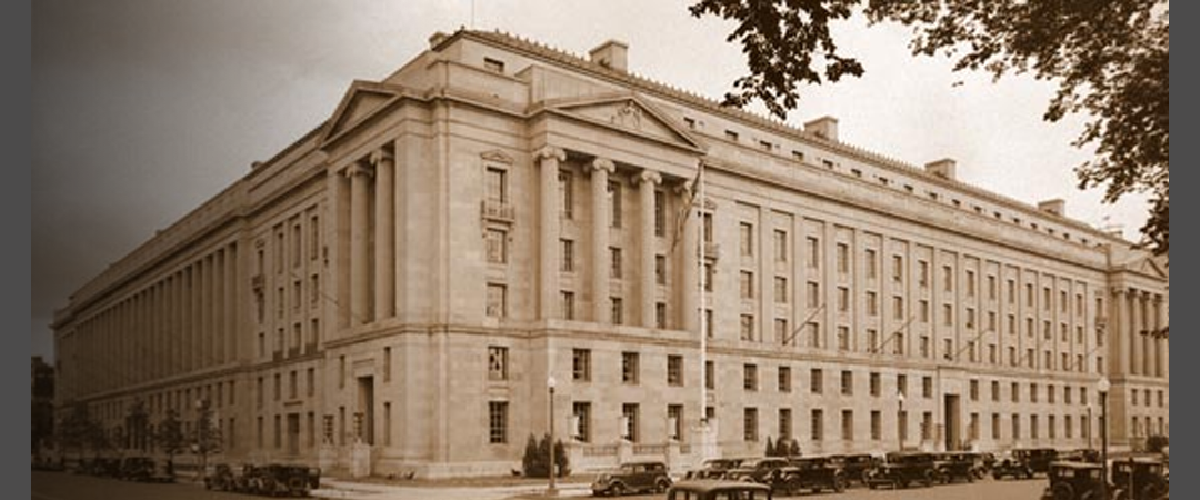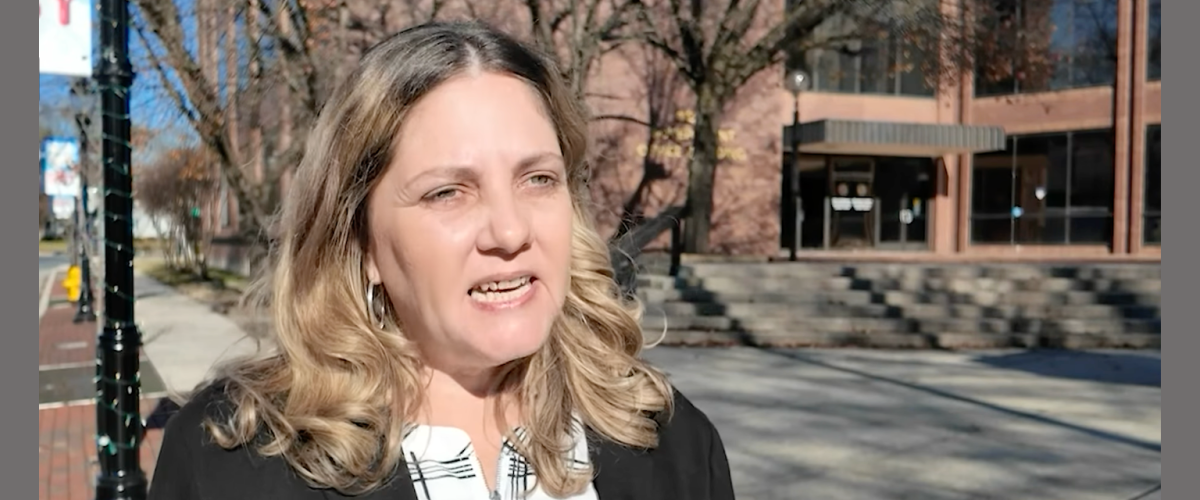My Involvement in the FBI Surveillance of Dr. Martin Luther King, Jr. (and my Resulting Loss of a Friend)
Very early each morning, an Army car and driver would arrive at my home in Bethesda. The driver would have a briefcase full of documents received overnight and meant for the president. My job was to read them all, summarize them, and see that they were delivered to the president no later than 8 a.m.
Surprisingly often, the morning packet contained missives from J. Edgar Hoover, the long serving FBI director, concerning Dr. Martin Luther King, Jr. They were detailed reports on the FBI’s long-standing spying on Dr. King that was first authorized by Robert Kennedy when he was his brother’s attorney general. All of them were classified “Top Secret” and at times contained this statement: “For the president’s eyes only.” Ignoring Hoover’s admonition, I read every one, faithfully summarized it, and, without objection, delivered them to the president.
They were all based upon Hoover’s premise that Dr. King was a risk to our national security because he was an agent of our mortal communist enemies. Thus, for example, on April 17, 1967, Hoover wrote: “[Dr. King] has not only been willing, but even eager to support communist causes…to associate with prominent communist leaders, and to work closely with and follow the advice and guidance of dedicated communists.”
Based on this statement, Hoover justified intense FBI spying on Dr. King, including bugging his hotel rooms and reporting on his sexual activities and those of his associates. And I read and faithfully fully summarized and delivered to the president each and every such Hoover document.
Much later, after I left the White House, I became aware of Hoover’s almost psychotic personal obsession with and hatred of Dr. King, and, most importantly, the falsity of his assertions that Dr. King was in any way disloyal or either a communist or a follower of communism. Nor was I aware of Director Hoover’s personal peccadillos that likely led him to those perversions of the truth. But, to my everlasting regret, at the time that I read and forwarded Hoover’s diatribes to the president, I accepted them as being the truth.
It was a late fall day and the president had summoned some of his staff to meet with him in the Cabinet room. There were 15 or so of us who constituted his personal assistants. I happened to be one of them, although I was pretty low on the totem pole of importance.
What I remember most about that meeting was what the president brought up at its end. He began by bemoaning what he described as the “lack of insight” in the many reports he received concerning what was going in the nation’s Black ghettos.
“I don’t really know which of my programs are working and which are not — and why.” He went on, “I keep hearing about ‘Black Power.’ What is that all about?”
He continued in this vein for a while before he came to his point: “I have all these so-called experts and I’m loaded with their reports. But what I want is something entirely different. I want to hear from non-experts, from people who bring fresh, unspoiled views, and that means from one or more of you sitting in this room. I want you to go out and live in the ghettos for a time, and that doesn’t mean commuting from some hotel. Walk the streets, talk to as many people as possible, look at every one of my programs, and then come back and report about everything you saw and learned.”
When the meeting ended, I was the only one to follow the president back to the Oval Office. I told him I wanted to volunteer, and he was pleased. “Now, remember,” he said, “do NOT get into trouble. Do NOT get your name in the papers. NOBODY is to know you came from here.” “Yes, sir,” I replied, “but can you give me some guidance as to how I am to manage that?” Laughing, the president said, “I thought you were a bright young man. I’m sure you can figure all that out on your own.” And I was dismissed.
Returning to my office, I knew the only way I could even approach what the president needed was to find someone — an African American — to accompany me into America’s Black ghettos. But, I am mortified to say, I knew no one like that. However, I knew someone who did, one of my closest friends, Nick Kotz, a Washington reporter who often wrote about inner-city problems. Nick came introduced me to Ken Vallis, an African American born and raised in Chicago’s South Side ghetto who by dint of his own fine intelligence had left all that behind and was now a trusted employee of the U.S. Department of Labor.
Kenny was my age, and we instantly bonded. He eagerly accepted my invitation and, together, over the next 15 months, he and I lived and worked the president’s expressed wishes for periods of time in the ghettos of Chicago and Oakland. We lived in rooming houses, talked to people day and night, examined as many programs as possible, and, for me, absorbed the reality of inner-city life.
The president liked his memos short; one page was ideal. But returning from my first sojourn in Chicago, I was so full of impressions and thoughts that I couldn’t stop writing. In the end, my report covered seven single-spaced pages, but I couldn’t bring myself to cut any of it. So, with great trepidation, I submitted it to the president, fully expecting to be thoroughly dressed down.
But that didn’t happen. Instead, he was delighted and, I discovered, used my report as a tool. I remember how pleased I was when one day in the Cabinet Room, he pulled my memo out from his suit pocket and read parts of it to some congressmen in an effort to sway them regarding pending civil rights legislation.
After I left the White House, Kenny Vallis and I remained friends. From time to time, we would meet for lunch and, because we both loved the game, would spend an hour or so playing squash.
Because the two of us were also friends with Nick Kotz — by then a Pulitzer Prize winning reporter with the Washington Post — we would see each other at Nick’s home. It was there that our friendship came to an abrupt end.
Hoover's vendetta against Dr. King had become public knowledge — and drew widespread condemnation. As Nick, Ken, and I were discussing it, I casually mentioned that one of my jobs had been to read his reports. Kenny’s reaction was immediate, and angry. “Why didn’t you object?” he demanded. “Why didn’t you do something — like resign?” He would not accept my explanation that back then, I naively believed everything Hoover and the FBI submitted. I tried and tried, but I could not satisfy him.
In the end, Kenny would hear no more, and abruptly left Nick’s house. He never spoke to me again, and I forever lost a friend.
Sherwin Markman, a graduate of the Yale Law School, lives with his wife, Kathryn (Peggy) in Rock Hall, Maryland. He served as an assistant to President Lyndon Johnson, after which was a trial lawyer in Washington, D.C. He has published several books, including one dealing with the Electoral College. He has also taught and lectured about the American political system.
Common Sense for the Eastern Shore








